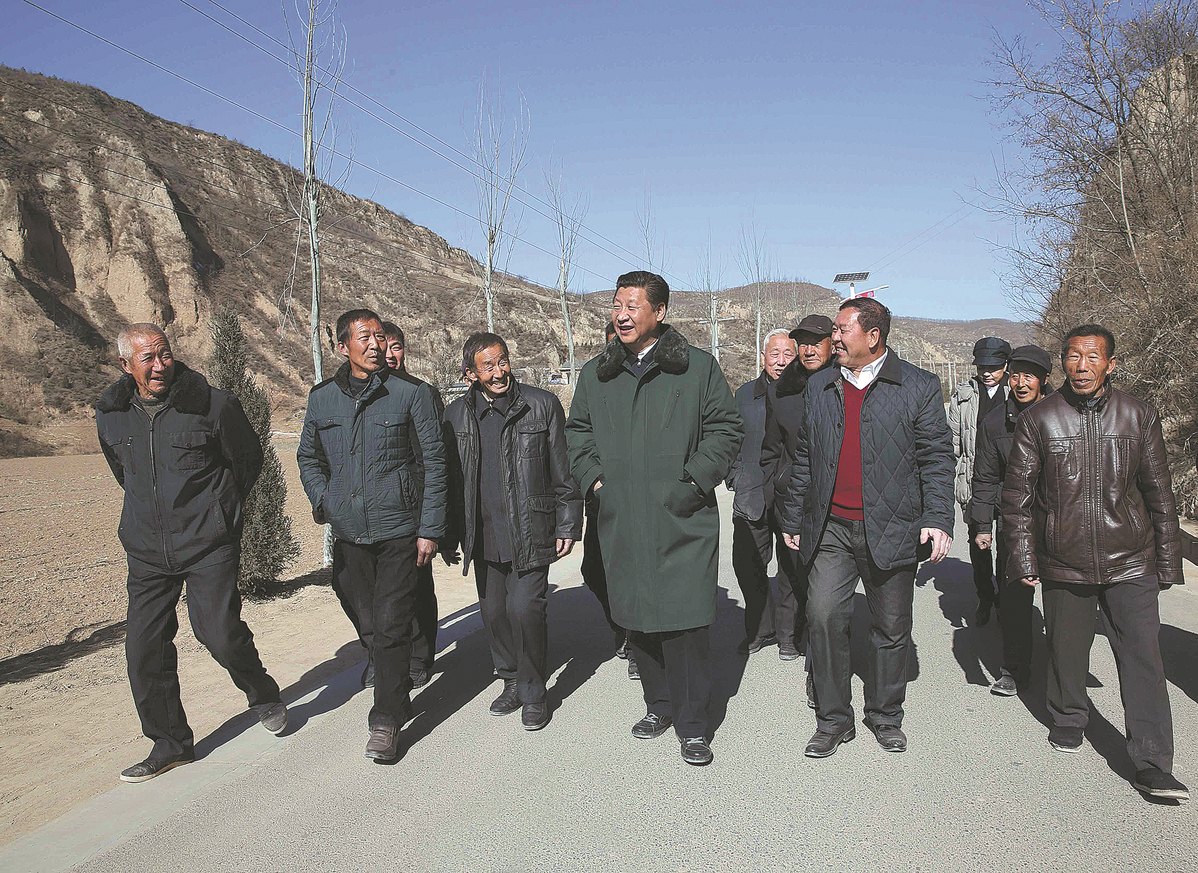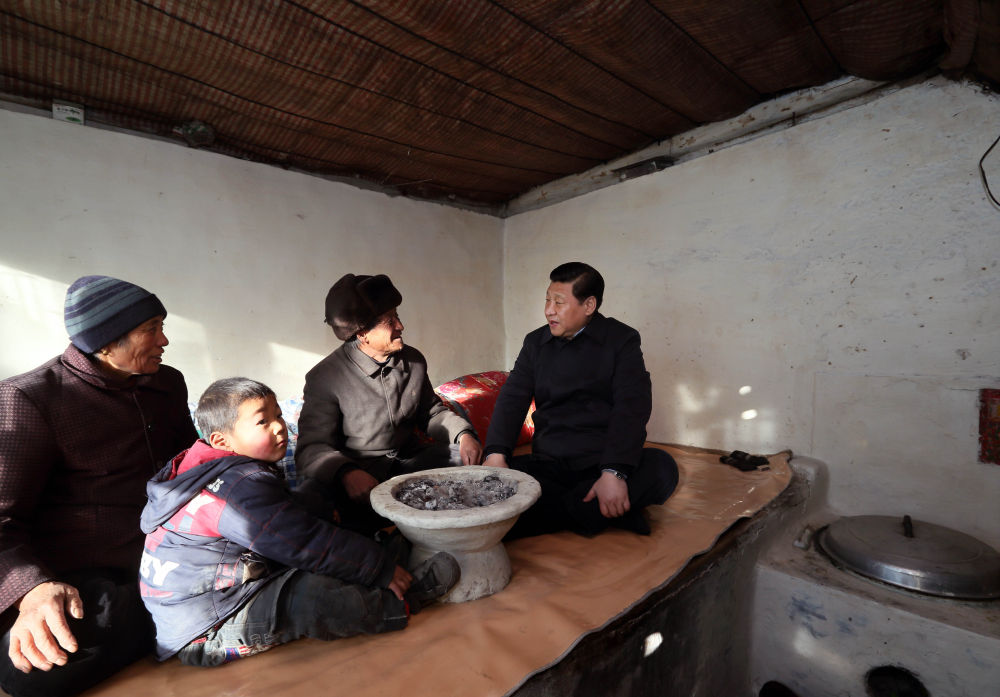Xi Jinping leads China on new journey


Xi said he gained his understanding of the meaning of the word "people" through his experience in Liangjiahe, and it strengthened his determination to "serve the people" — a principle he has adhered to over the decades.
In the late 1970s, after graduating from Tsinghua University, Xi served as a secretary to the minister of defense. In 1982, he volunteered to work at the grassroots level and moved to Zhengding, a poor county in north China's Hebei Province. Peng Liyuan, his wife, later said that many of Xi's classmates went abroad and he could have just done the same. But Xi stayed and chose a much harder path — to be a servant to the people.
In his three years in Zhengding, where Xi served as deputy Party chief and then Party chief, Xi rode bicycles to all the communes and production teams of the county to inspect work. Sometimes, he arrived when villagers were tilling the fields. He would join them and do the farm work.
Then he spent over 17 years in Fujian Province and nearly five years in Zhejiang Province. He served multiple roles in the two coastal provinces including vice mayor, prefecture Party chief, municipal Party chief, provincial governor, and provincial Party chief. In 2007, he worked in Shanghai as its Party chief before ascending to the Standing Committee of the Political Bureau of the CPC Central Committee.

Xi kept a close bond with the people wherever he worked, even after he was promoted to work at the apex of the Party. Xi has made it a tradition to visit the homes of the people ahead of every Spring Festival. Xi's early-year experience of hunger and toiling on the farms may help explain why he would check the kitchen, bathroom and cellar in ordinary people's homes. He also kept the habit of exchanging correspondence with the people. Those who received Xi's letters include farmers, entrepreneurs, pupils, grassland art troupe members, and soldiers guarding the borders.























